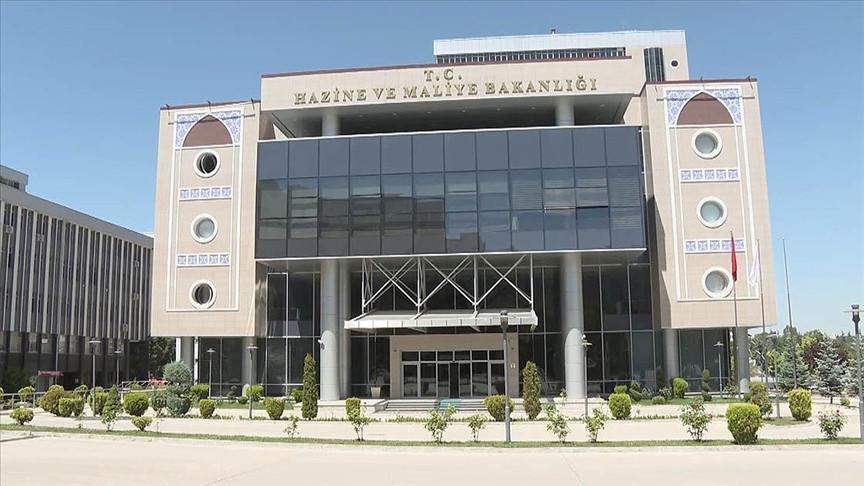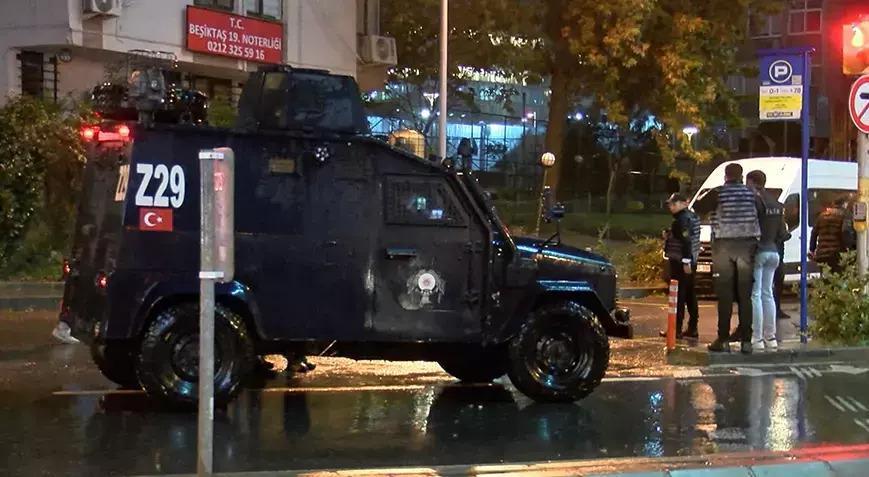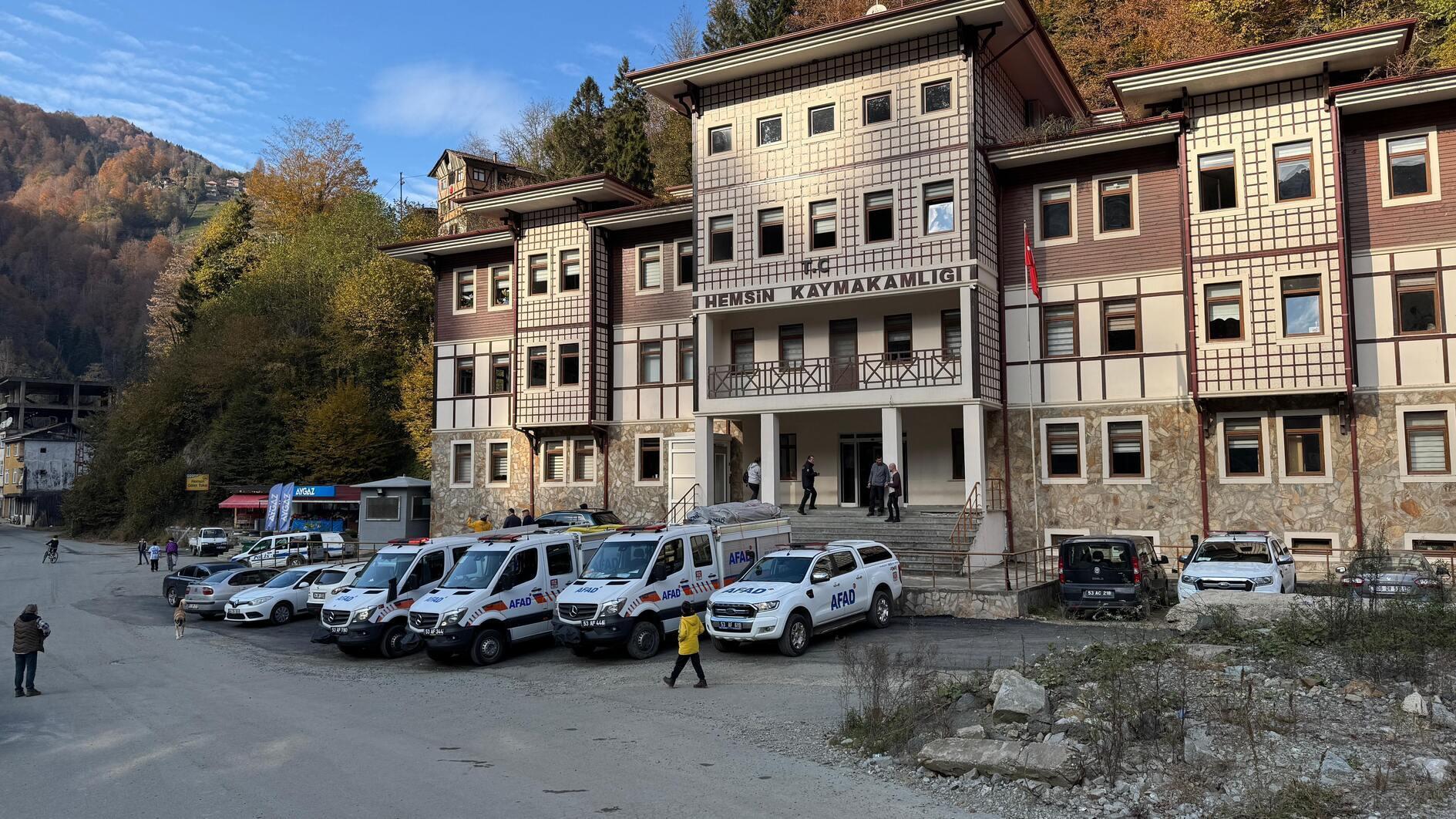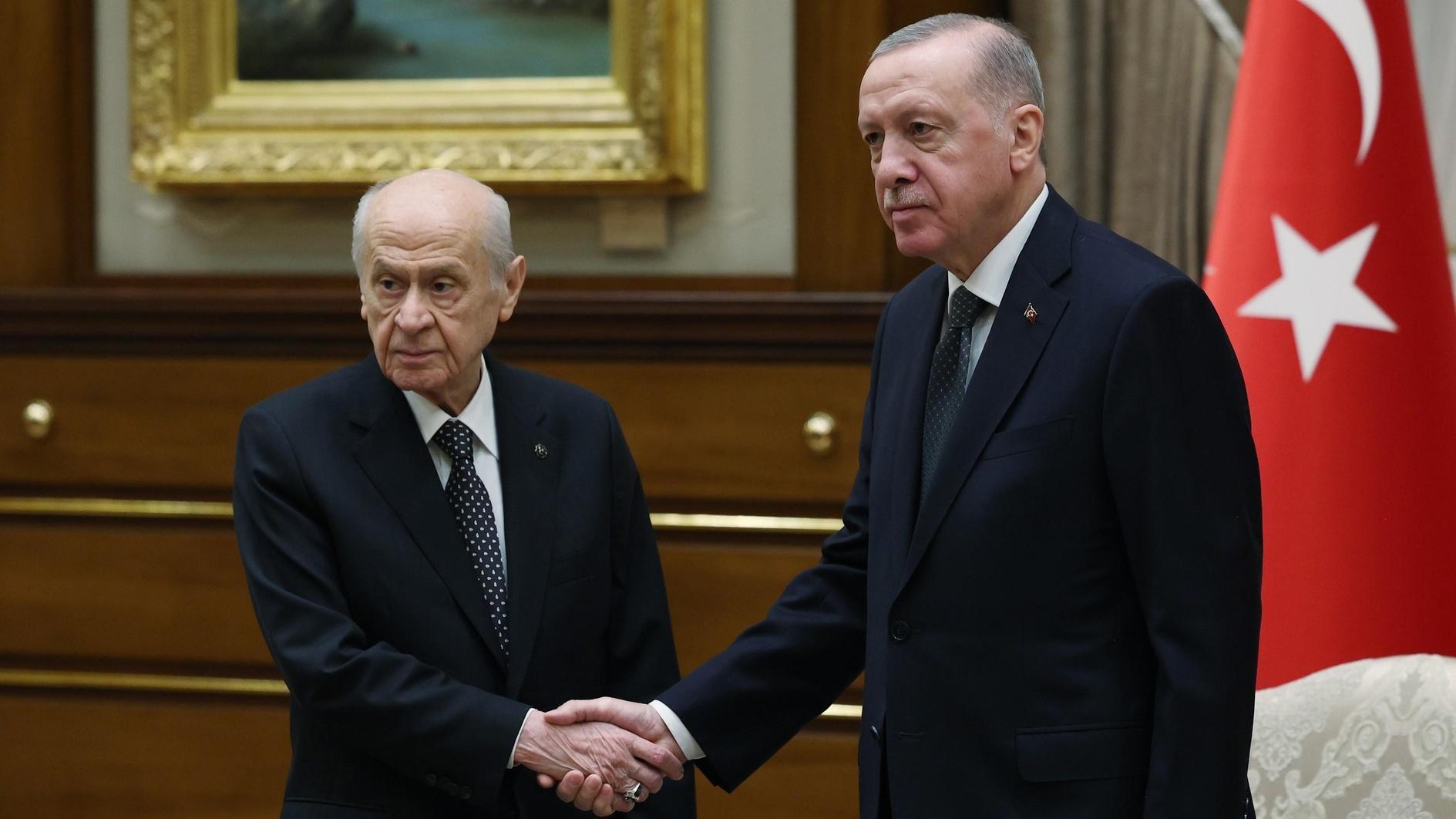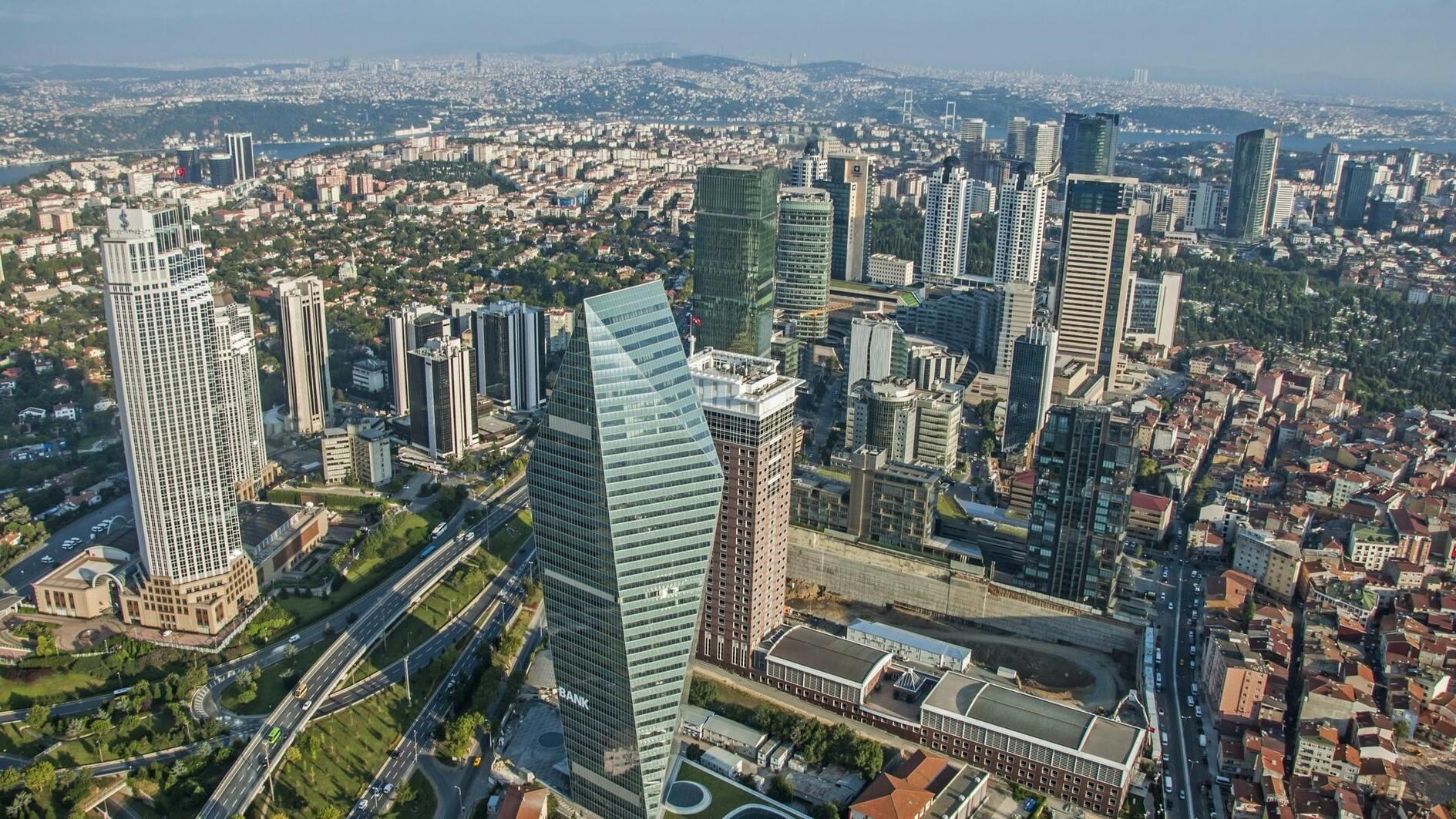Countries ‘increase’ censorship attempts
SAN FRANCISCO
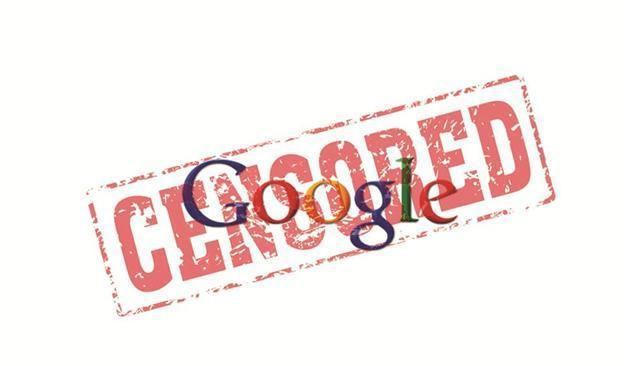 Google released its six-month Transparency Report on April 25, showing that requests by governments to censor the Internet giant’s content have reached new heights, with Brazil and the United States leading the way.
Google released its six-month Transparency Report on April 25, showing that requests by governments to censor the Internet giant’s content have reached new heights, with Brazil and the United States leading the way.Google received 2,285 government requests to remove content from its websites, including YouTube and search pages, in the second half of last year, compared to 1,811 requests in the first six months, according to the report. The requests related to 24,179 items of content, up from 18,070 items, the company said.
“As we’ve gathered and released more data over time, it’s become increasingly clear that the scope of government attempts to censor content on Google services has grown,” Google legal director Susan Infantino said.
“In more places than ever, we’ve been asked by governments to remove political content that people post on our services.”
Turkey came in the fifth place on the list, after Germany and India, with 147 requests. The country requested the removal of the “Innocence of Muslims” video clips. Google received 17 requests from Turkey’s Telecommunications and Communication Presidency to remove 63 YouTube videos and 22 Blogger blog posts, all due to alleged criticism of Atatürk, the founder of the Turkish Republic, the government or national identity and values. Google said they restricted Turkish users from accessing 52 percent of YouTube videos. Based on a court order, Turkey made 16 requests to remove 8,119 search results that linked to websites that allegedly contained copyright infringing material. As a result, 6,851 search results were removed.The U.S. was second to Brazil in the number of requests, filing 321 in the second half of last year.
Aim: Shine light on censorship
Google launched itsemi-annual transparency reports three years ago, saying its intent was to “shine some light on the scale and scope of government requests for censorship and data around the globe.”
In the second half of last year, Google logged notable increases in content removal requests from Brazil and Russia, and fielded inquiries from 20 countries regarding YouTube posts of clips from the “Innocence of Muslims” film, which sparked violent protests around the world.


